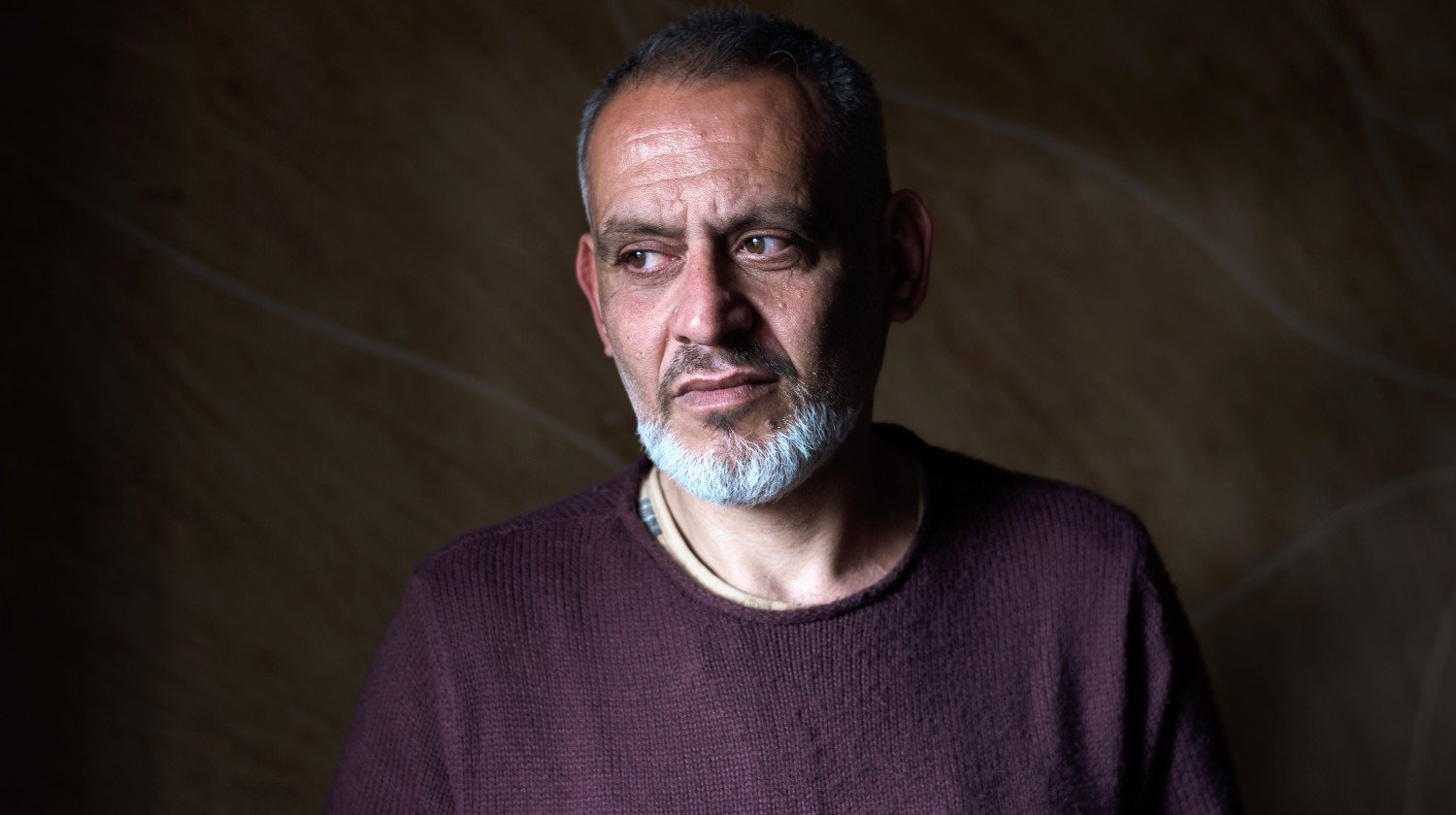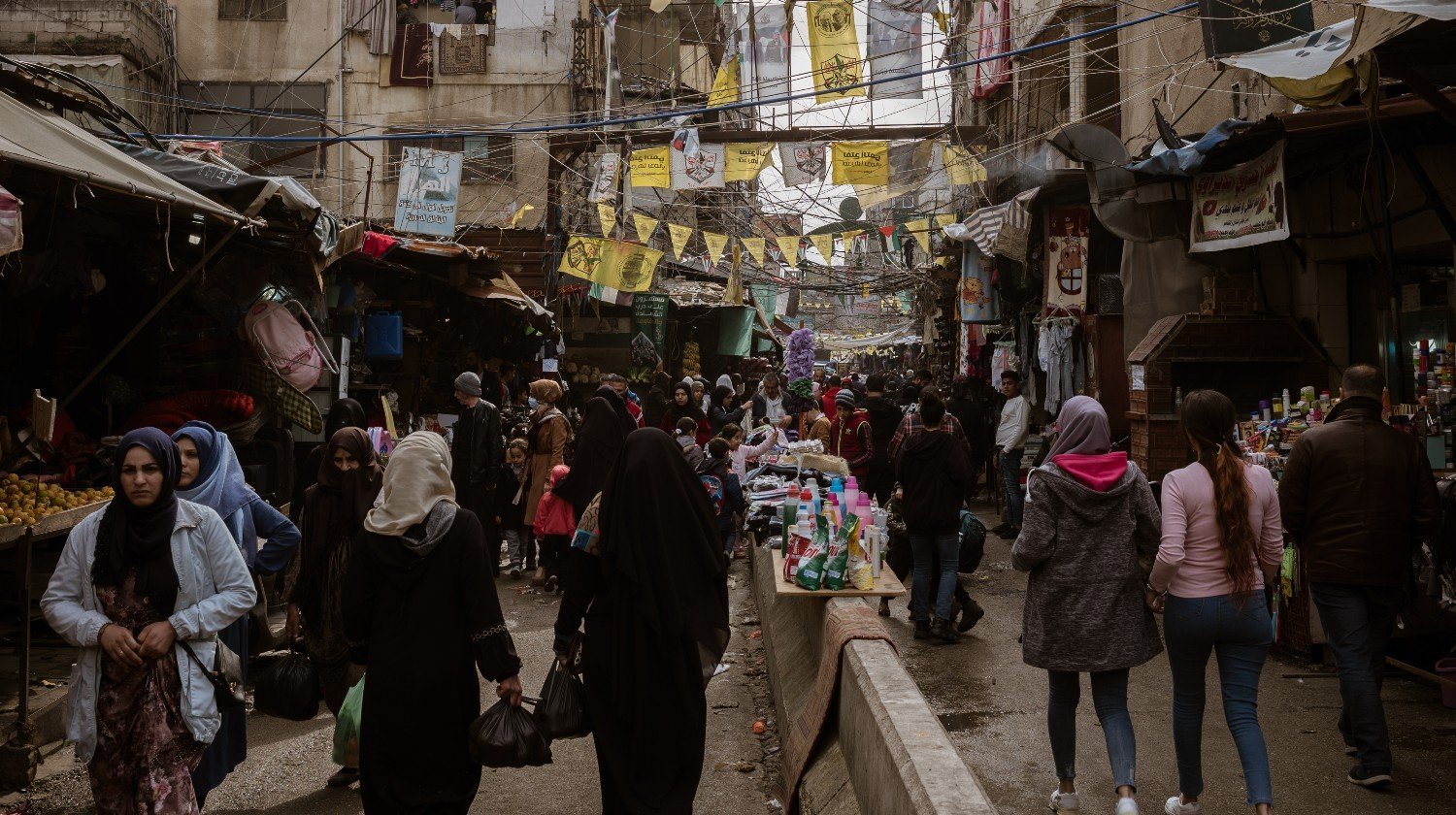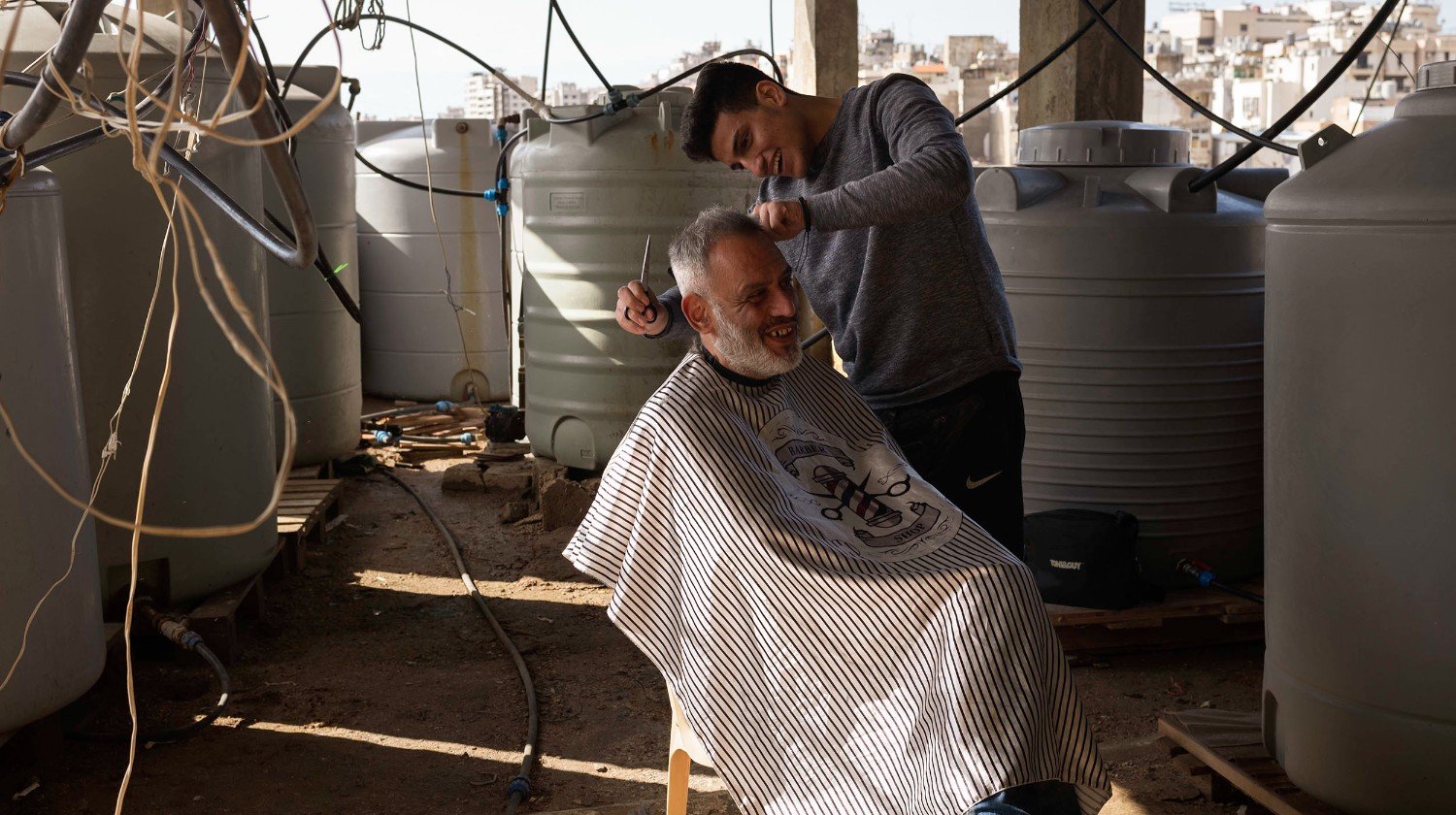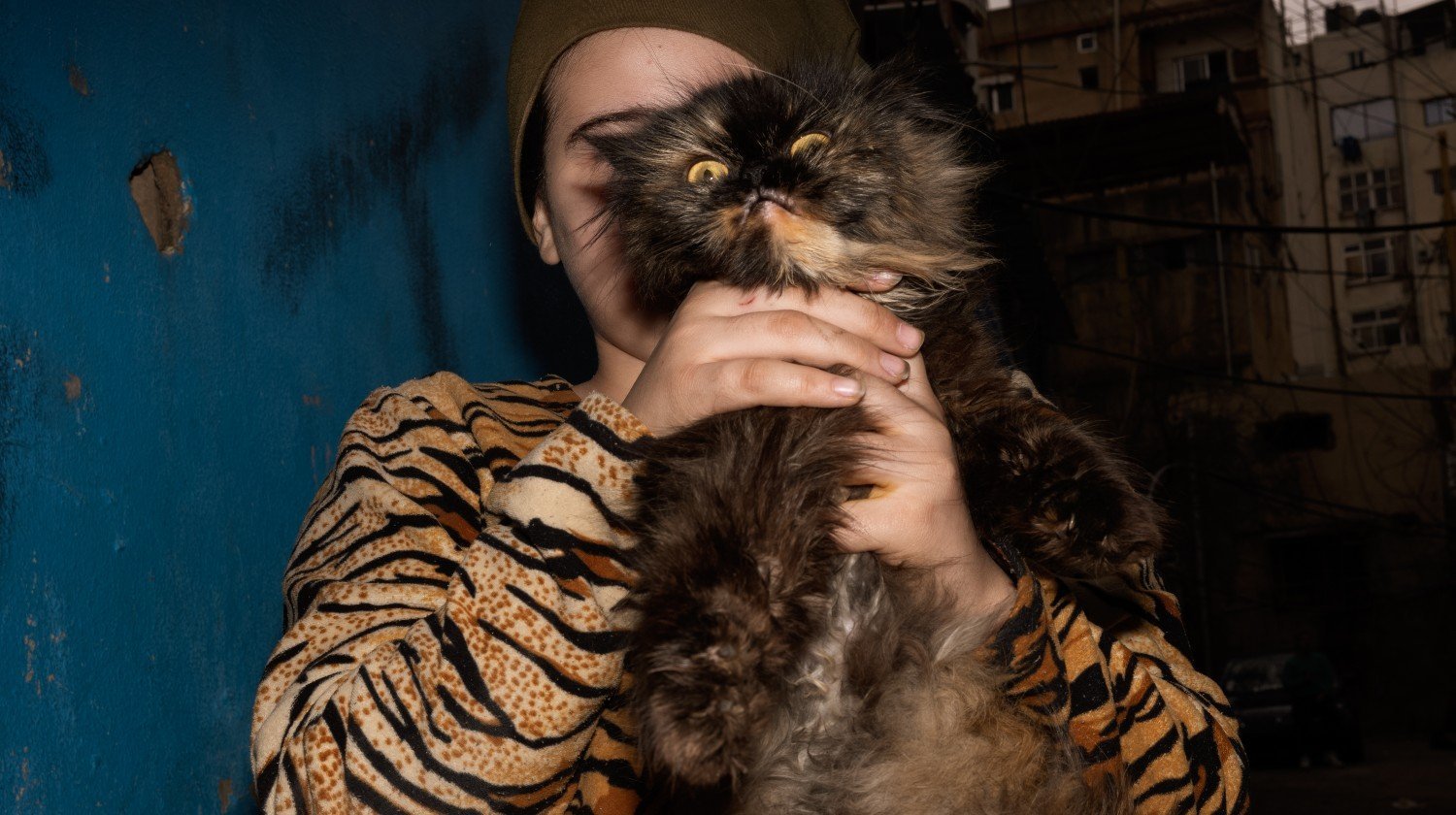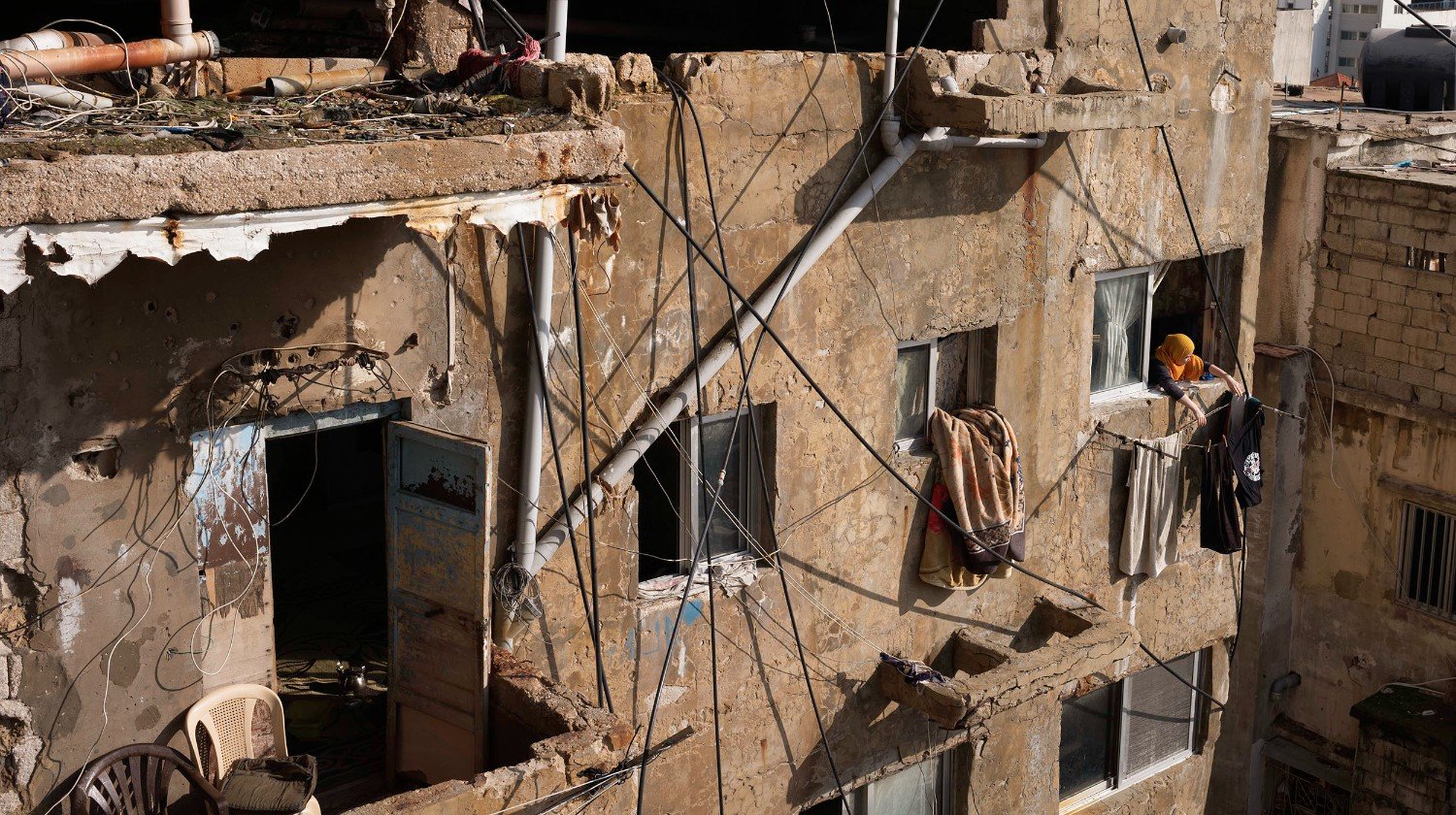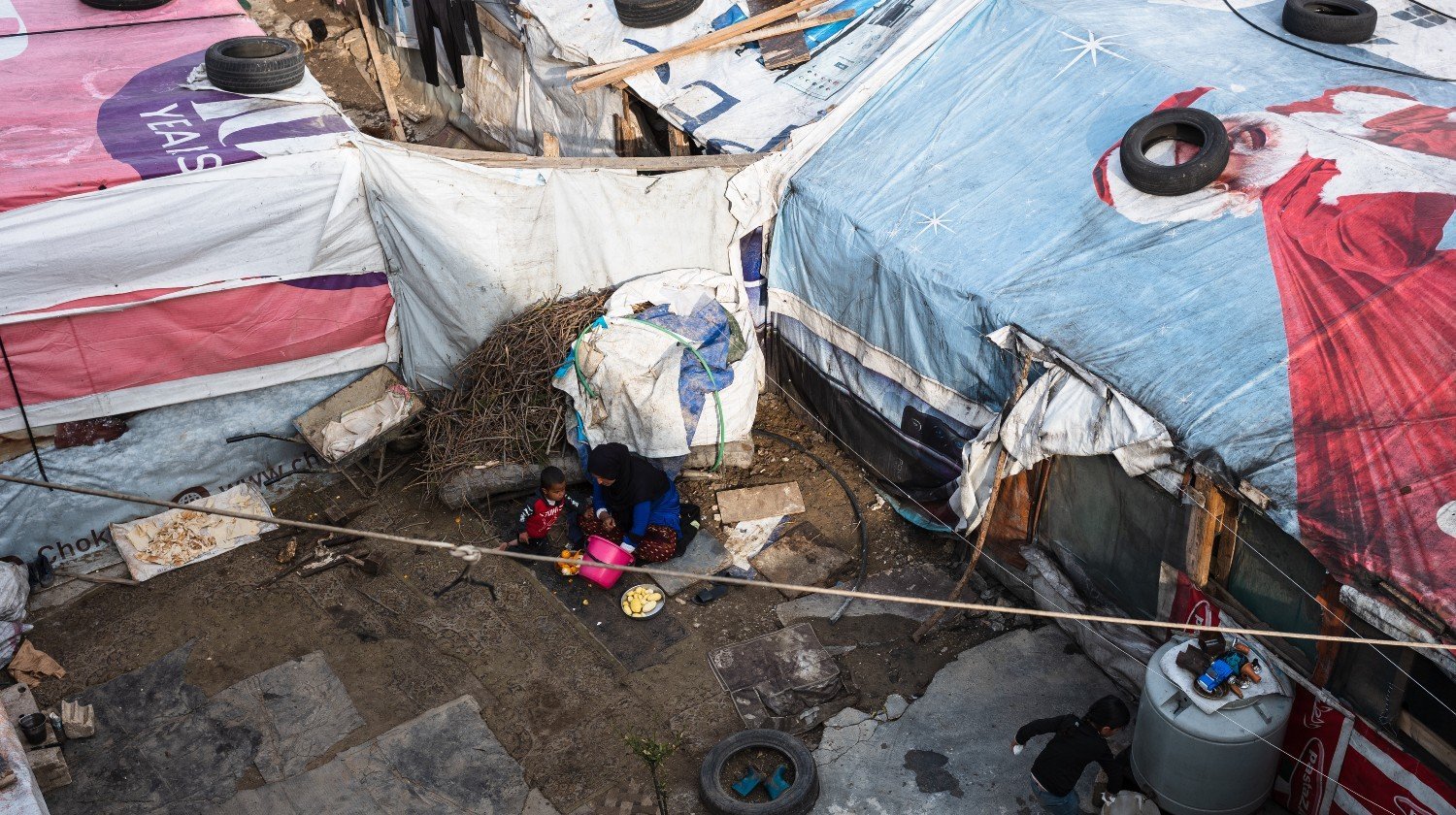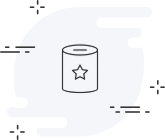Alaa Al-Ali - mój przyjaciel z Libanu potrzebuje pomocy
Alaa Al-Ali - mój przyjaciel z Libanu potrzebuje pomocy
Nasi użytkownicy założyli 1 226 838 zrzutek i zebrali 1 350 037 150 zł
A ty na co dziś zbierasz?
Opis zrzutki
[English version below]
Poznałam Alaa Al-Ali w 2022, w Libanie, kiedy pracowałam nad projektem multimedialnym i platformą edukacyjną „Dom” dla Polskiej Akcji Humanitarnej. Alaa Al-Ali był moim fikserem i tłumaczem w Libanie.
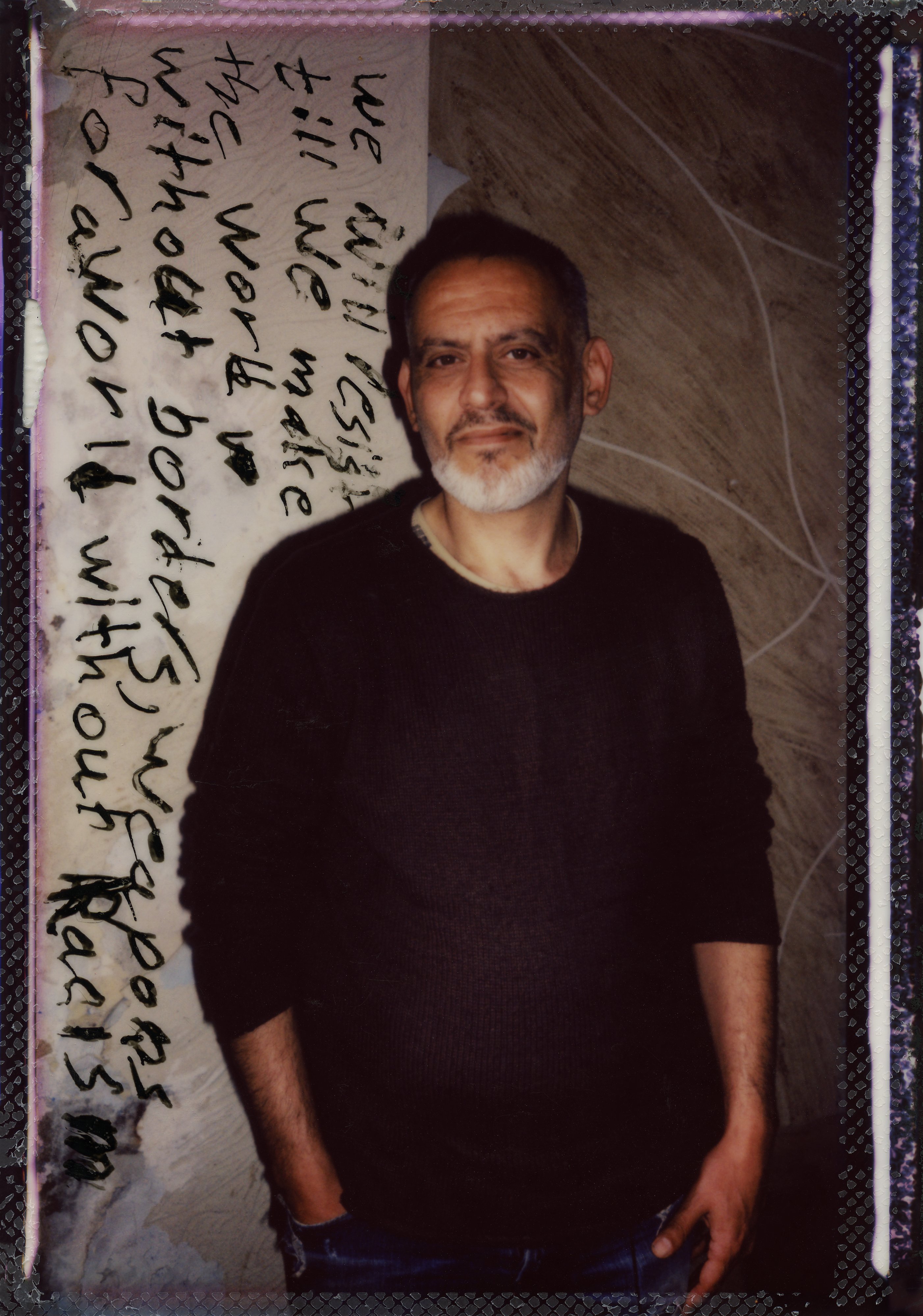
Alla Al-Ali urodził się w Libanie jako dziecko bez kraju i nazywany był od samego początku uchodźcą. Jest Palestyńczykiem. Jego rodzina wyemigrowała z Palestyny w 1948 roku.
Całe dzieciństwo i dorosłe życie spędził w obozach uchodźczych w Libanie.
Kiedy jesteś Palestyńczykiem, legalny wyjazd z Libanu jest niemożliwy, a życie w obozie uchodźczym to życie w ciągłej niepewności.
Alaa jest fikserem, ma olbrzymią wiedzę o historii i polityce. Kiedy spacerowaliśmy razem po ulicach Bejrutu i jeździliśmy po obozach w różnych częściach Libanu, tłumaczył mi skomplikowaną historię regionu, recytował wiersze Mahmouda Darwisha i radził, których autorów powinnam przeczytać, żeby zrozumieć kontekst historyczny i polityczny Libanu i Palestyny.
Alaa uczestniczył w poszukiwaniach osób, które zaginęły podczas masakry w Sabrze i Szatili w Bejrucie (1982) oraz w trakcie wojny domowej (1985-1987). Jest twórcą projektu artystycznego „Listy z diaspory palestyńskiej”, autorem trzech filmów krótkometrażowych: „Podróż kanapy”, „List do Ahmada”, „O Sabro, Gazo”. Był również jednym z twórców filmu dokumentalnego, reżyserowanego przez Marco Pasquiniego, „Gaza Hospital”. Film opowiada historię szpitala w Sabrze i maskary z 1982 r.
Prowadził również w Szatili, w obozie uchodźczym, zajęcia filmowe dla dzieci.
Dzisiaj Alaa potrzebuje pomocy. Żyje w obozie uchodźczym na zachodzie Libanu wraz z mamą i siostrą. Jego mama choruje na Alzheimera, a u jego siostry lekarze w grudniu zdiagnozowali raka.
Koszt terapii jego siostry, Leili, to niecałe 9000 dolarów. Jest to koszt 2 miesięcy zabiegów chemioterapii i radioterapii.
06 marca 2024 jego mamę zabrano na oddział ratunkowy do szpitala, był to koszt 400 dolarów.
Alaa Al-Ali nie ma żadnych środków do życia. Nie mówiąc już o kupowaniu leków dla mamy, jej pobytów szpitalu, czy możliwości opłaty za leczenie siostry.
"Chcę przestać bać się jutra, tego, że dziś nie ma prądu ani benzyny, nie ma lekarstw w aptece, droga jest zamknięta, bo są starcia i na ulicy wybuchła strzelanina. To życie w kraju, w którym nie będę mógł zawieźć mojej żony czy córki do szpitala, kiedy spotka je coś złego, bo nie będę mógł zapłacić za leczenie albo szpital nie będzie miał środków, żeby mnie przyjąć". To zdanie powiedział do mnie D., inny bohater opowieści "Dom". To jest historia wielu osób żyjących w Libanie. Dzisiaj, kiedy wstawimy, w ten cytat, słowa: matka i siostra, będzie dotyczyć również Alaa.
Wielokrotnie w różnych wywiadach i na spotkaniach powtarzałam, że nie potrafię być obojętna wobec bohaterów i bohaterek swoich opowieści. Alaa nigdy nie prosił o pomoc. Gdy mu powiedziałam, że może poprzez zrzutkę udałoby się zebrać trochę pieniędzy, żeby mu pomóc, on napisał: „I feel bit shy. But yes, I need some help”.
Ja mu zawdzięczam bardzo wiele. To dzięki niemu w moim projekcie „Dom” możecie poznać szerszy kontekst sytuacji w Libanie, przeczytacie o historii Sabry i Szatili w Bejrucie. Możecie poznać historię bohaterów i bohaterek w Libanie, która została opowiedziana przez nich samych. Wielokrotnie słuchaliście tych historii na różnych spotkaniach, czy warsztatach.
Teraz proszę Was o jakiekolwiek wsparcie.
Każda minimalna wpłata może pomóc.
Pomoże też udostępnienie zrzutki.
Dziękuję,
Agata Grzybowska
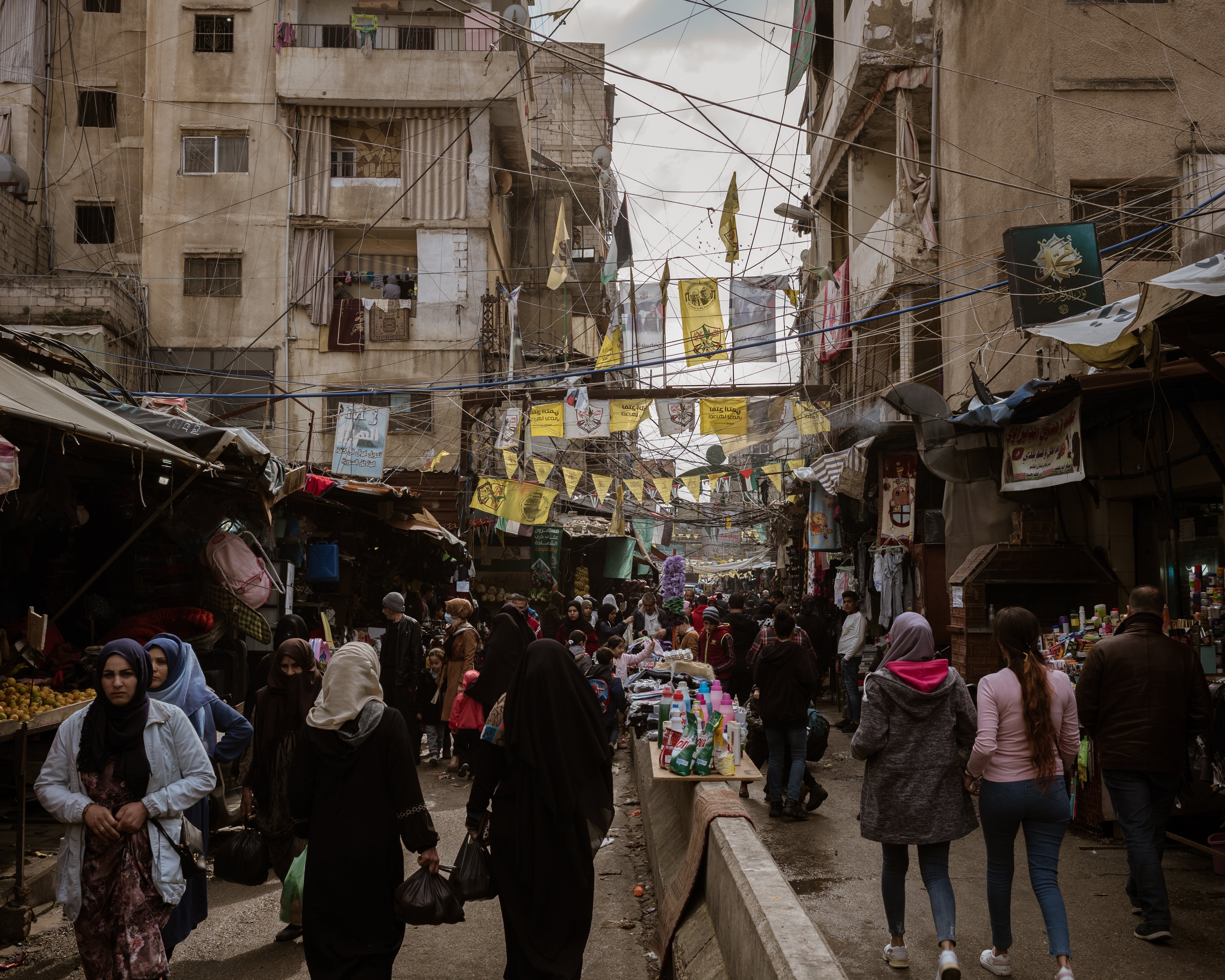
***
[ENG]
I met Alaa Al Ali in 2022, in Lebanon, when I was working on the multimedia project and educational platform 'Home' for the Polish Humanitarian Action. Alaa Al Ali was my fixer and translator in Lebanon.
Alla Al Ali was born in Lebanon as a child without a country and was called a refugee from the very beginning. He is a Palestinian. His family emigrated from Palestine in 1948 and he spent his entire childhood and adult life in refugee camps in Lebanon. When you are Palestinian, leaving Lebanon legally is impossible, and life in a refugee camp is a life of constant uncertainty.
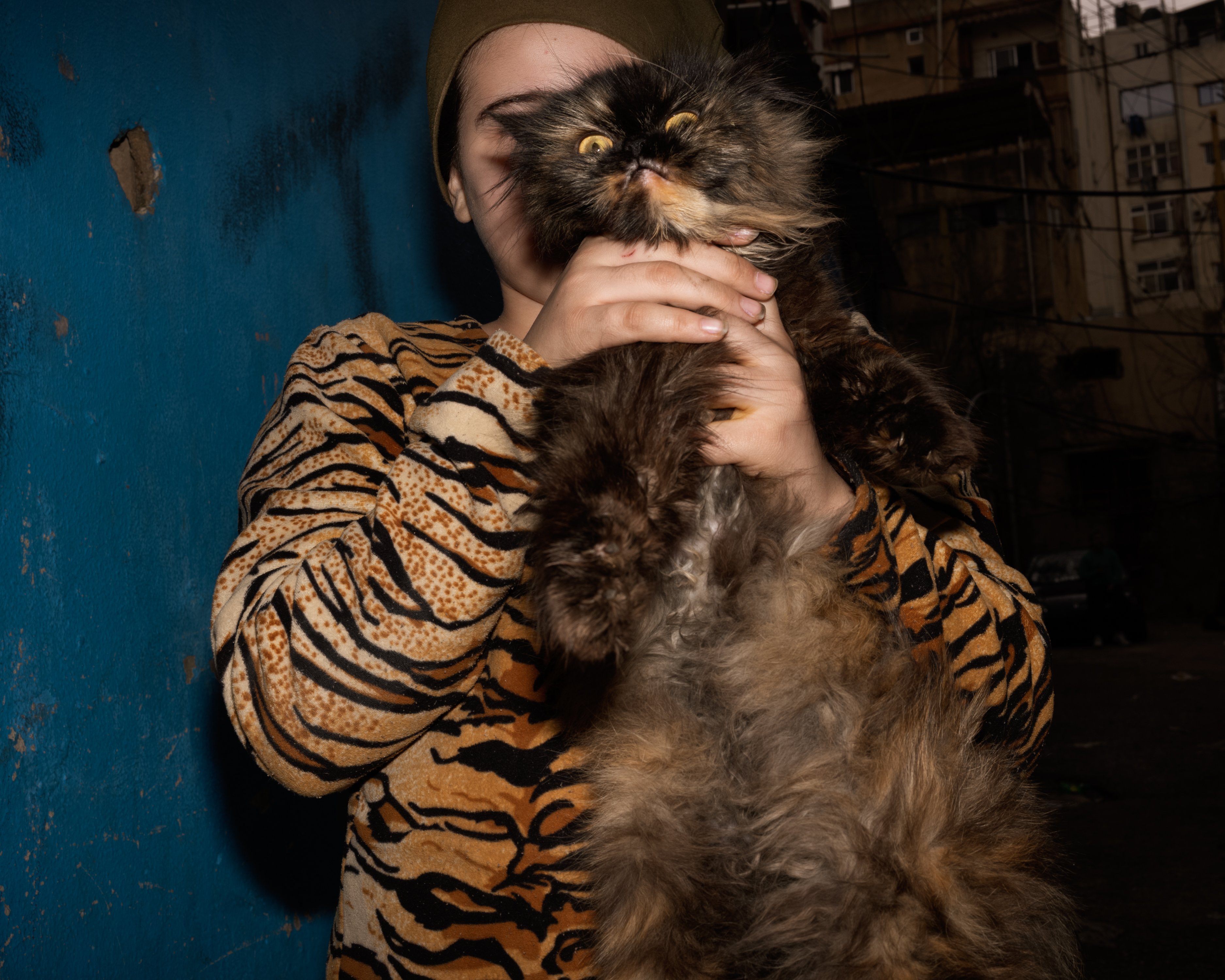
Alaa is a fixer with a huge knowledge of history and politics. As we walked the streets of Beirut together and drove around the camps in different parts of Lebanon, he would explain to me the complexity of the history of the region, or recite poems by Mahmoud Darwish and advise me on which authors I should read to understand the historical and political background of Lebanon and Palestine.
Alaa participated in the search for people who disappeared during the Sabra and Shatila massacre in Beirut (1982) as well as during the civil war (1985-1987). He is the creator of the art project "Letters from the Palestinian Diaspora" and the author of three short films: 'Journey of the Couch', 'Letter to Ahmad', 'On Sabra, Gaza'. He was also one of the authors of the documentary film directed by Marco Pasquini 'Gaza Hospital'. The film tells the story of the hospital in Sabra and the 1982 massacre.
He also ran film classes for children in the Shatila refugee camp.
Today, Alaa needs help. He lives in a refugee camp in the west of Lebanon with his mother and sister. His mum has Alzheimer's disease and his sister was diagnosed with cancer by doctors in December. The cost of treatment for his sister, Leila, is just nearly $9,000. This is the cost of 2 months of chemotherapy treatments and radiotherapy.
On March 6th 2024, his mum was taken to the emergency department of the hospital. This costed $400.
Alaa Al-Ali has no means to live, not even mention the inability to buy medication for his mum and cover her hospital stays or not being able to pay for his sister's treatment.
'I no longer want to live in fear of tomorrow, with the anxiety that today there will be no electricity or gasoline; no medicine in the pharmacy; that the road will be closed because of clashes, because shooting broke out in the street. I do not want to live in a country in which I will be unable to take my mother or sister to the hospital when something goes wrong, because I won’t be able to pay for the treatment, or the hospital won’t admit us because of a shortage of supplies.' This is the story of many people living in Lebanon. Today, when we insert "mother and sister" into this quote, it will also apply to my friend, Alaa.
As I have repeatedly said in various interviews and meetings, I repeat here one more time: I cannot be indifferent to the heroes and heroines of my stories. I cannot remain indifferent when I am able to pull a helping hand. And to put it clear - Alaa has never asked for help. When I suggested that maybe through crowdfunding, we could raise some money to help him and his family, he only wrote: "I feel a bit shy, but yes, I need help".
I owe Alaa a lot. It is thanks to him that in my project 'Home' you can learn about the wider context of the situation in Lebanon: you can read about the story of Sabra and Shatila in Beirut and learn about the heroes and heroines in Lebanon as told by them. You have listened to these stories many times at various meetings or workshops.
Today, now, as we cannot wait, I am kindly asking you for any kind of support you can give: even the smallest donation will make a difference, even sharing the information about this crowdfunding will help.
Thank you in advance,
Agata Grzybowska
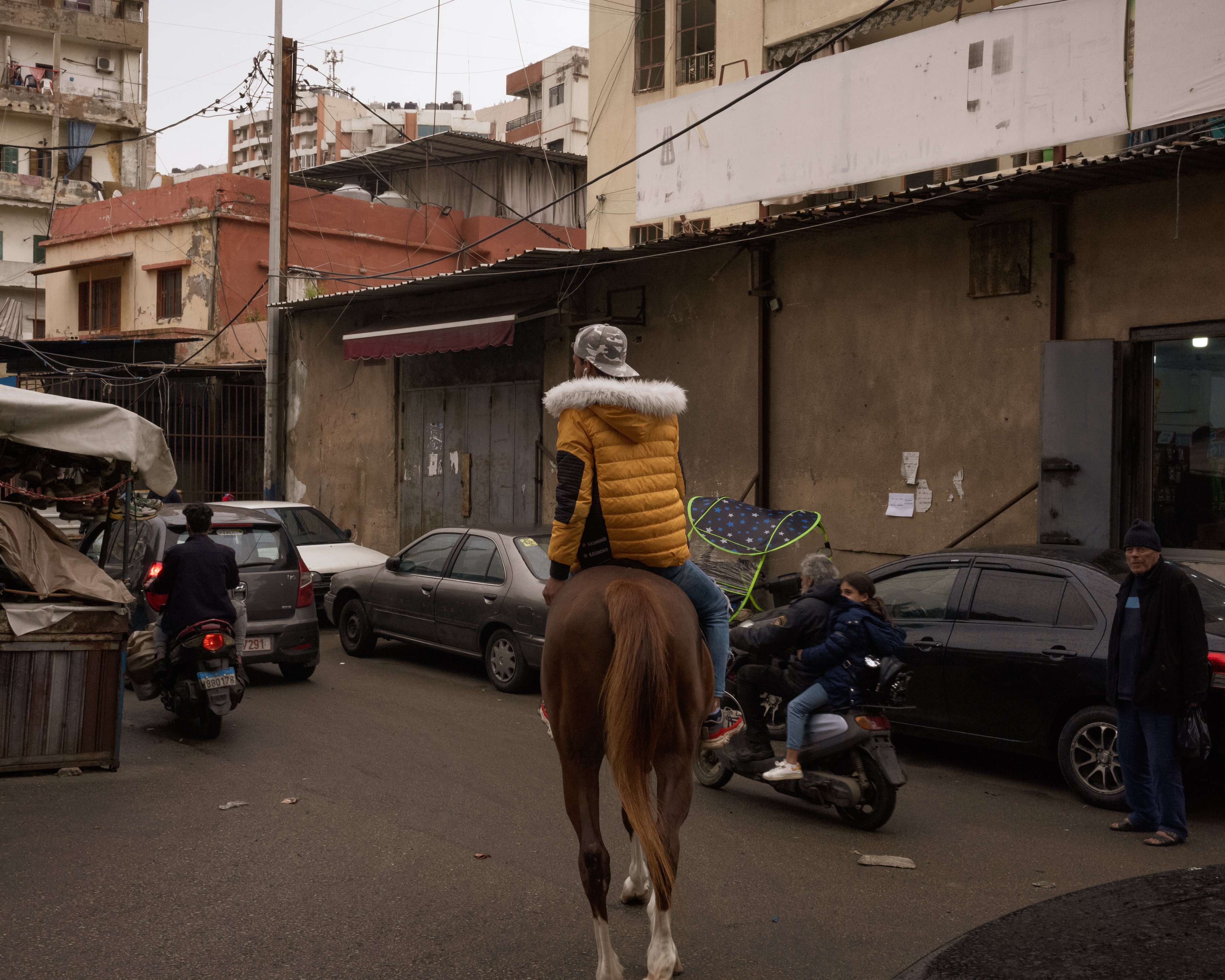
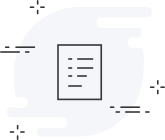
Ta zrzutka nie ma jeszcze opisu.
Stwórz swój własny link do promocji zrzutki i sprawdzaj na bieżąco statystyki!
Stwórz swój własny link do promocji zrzutki i sprawdzaj na bieżąco statystyki!
Lokalizacja
Przydatne linki 8
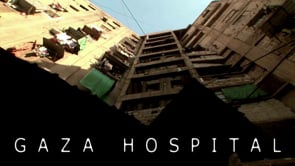
Gaza Hospital - dir. Marco Pasquini
vimeo.com/ondemand/gazahospital
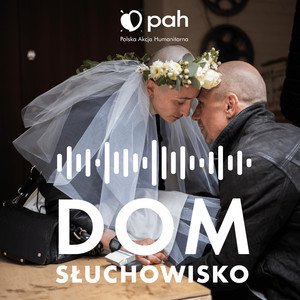
Opowieść Alaa Al-Ali - podcast
open.spotify.com/episode/7A7Y5uMaQj8gfJwebDlvh0?si=ed3589ac7edf42b8
Jorney of Sofa - Alaa Al-Ali's film
pah.org.pl/dom/en/module/journey-of-a-sofa-en/
Podróż z kanapą - obejrzyj film Alaa Al-Ali
pah.org.pl/dom/module/podroz-z-kanapa/
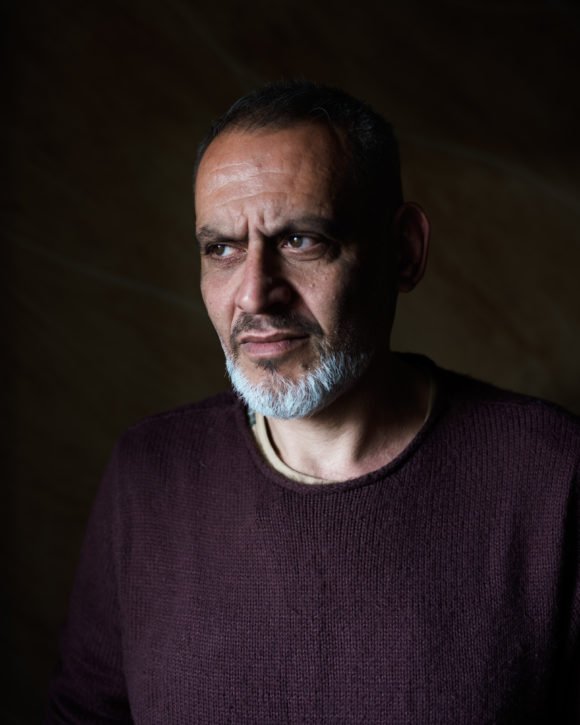
Where Is Sabra, and Where Shatila? - Alaa Al-Ali’s Story
pah.org.pl/dom/en/where-is-sabra-and-where-shatila/

Gdzie jest Sabra, a gdzie Szatila - przeczytaj historię Alaa Al-Aliego
pah.org.pl/dom/gdzie-jest-sabra-a-gdzie-jest-szatila/
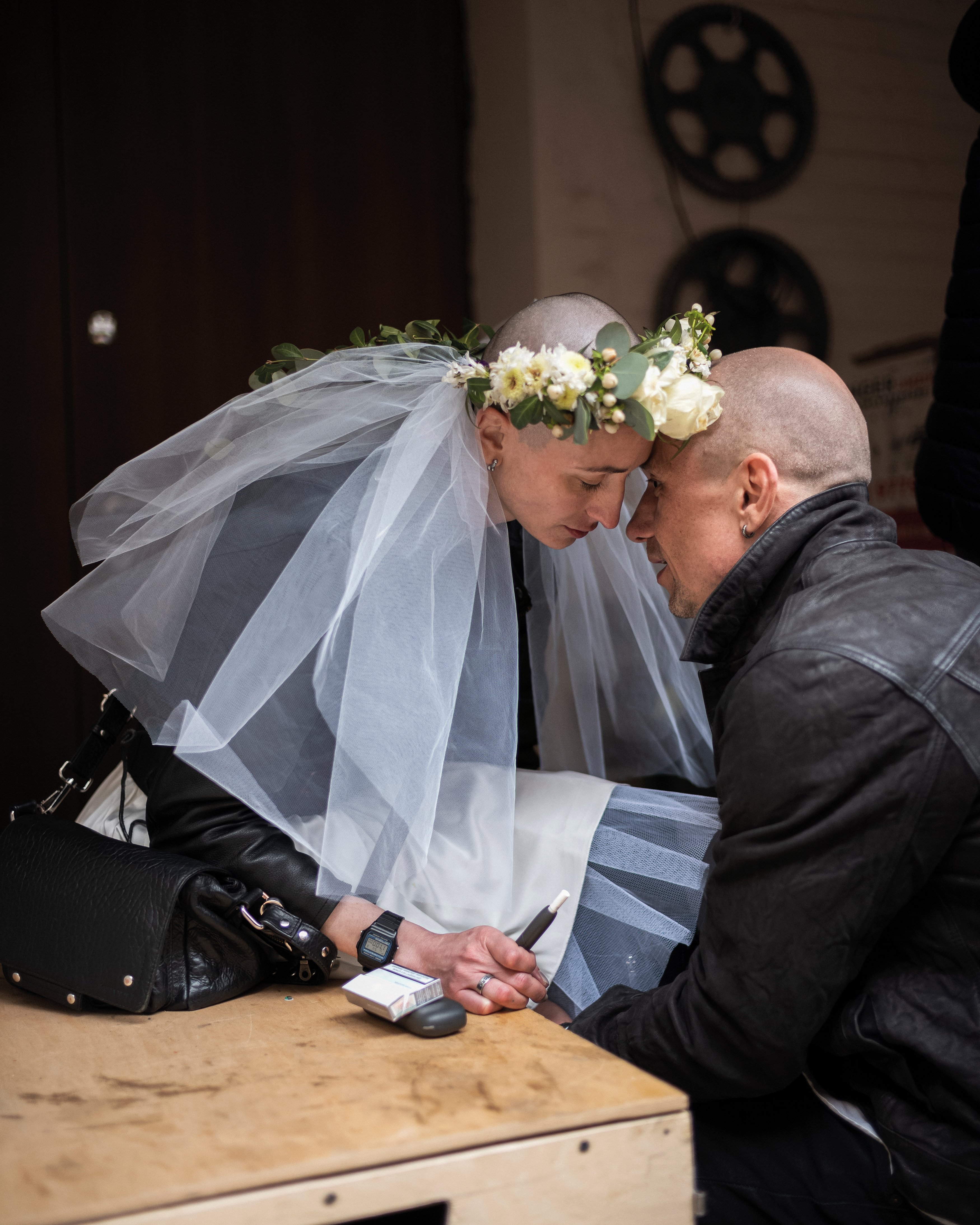
Link to the narrative and story of "Home"
pah.org.pl/dom/en
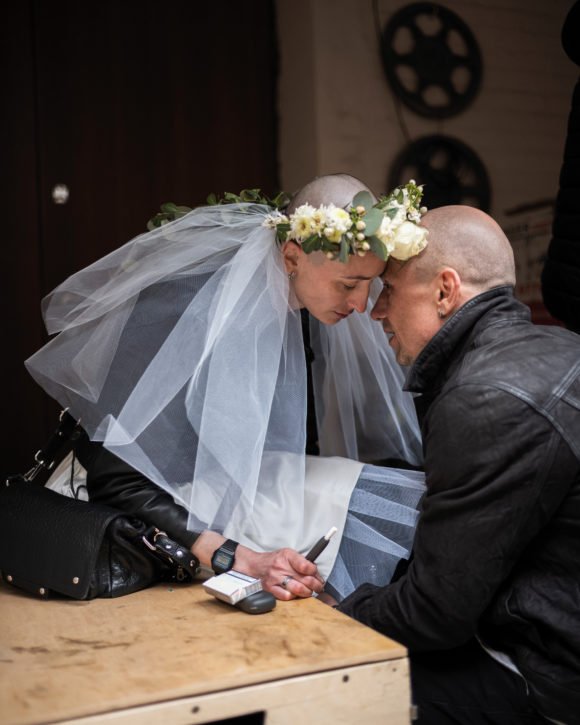
Link do narracji i opowieści o Domu
pah.org.pl/dom/

